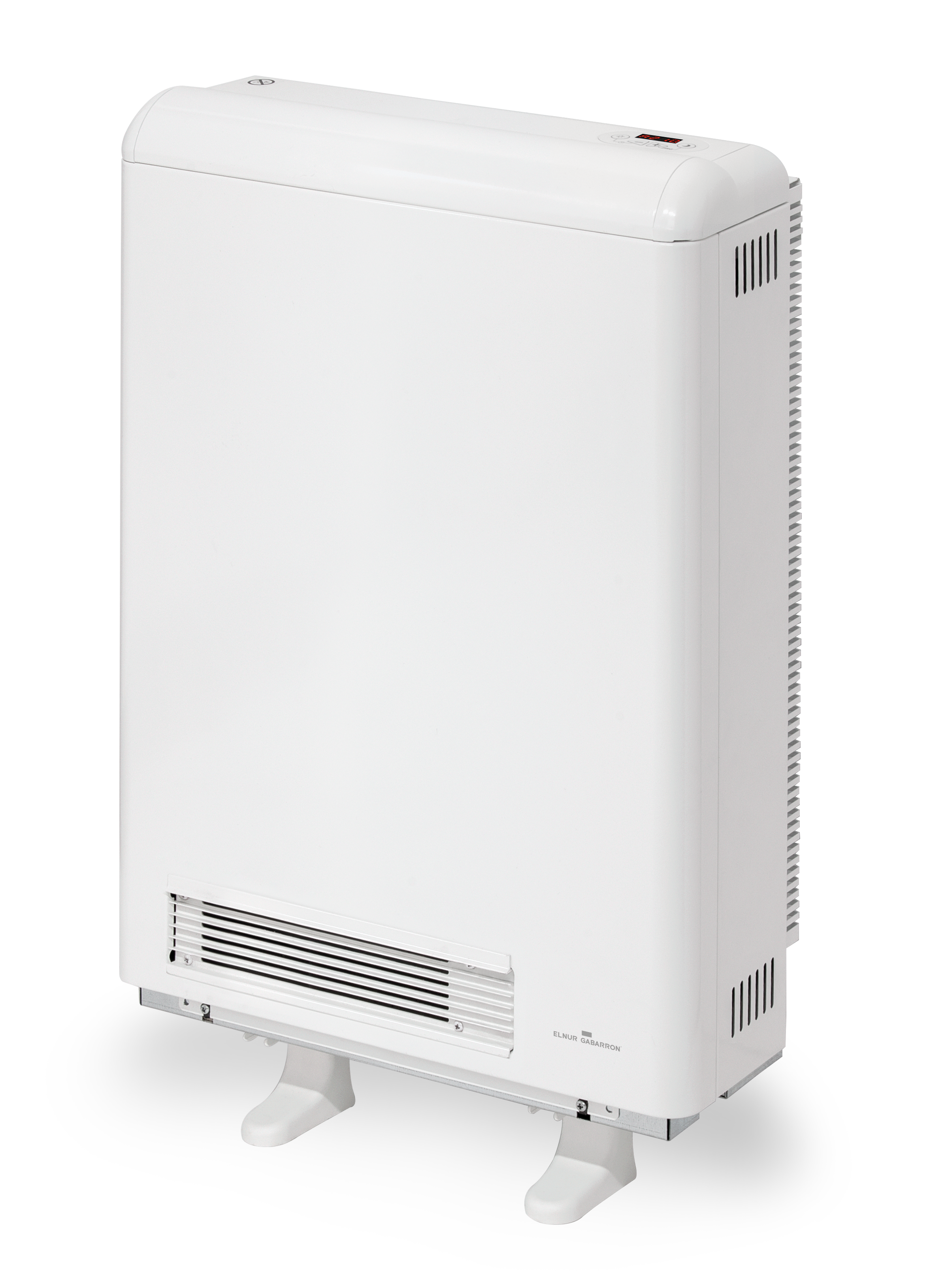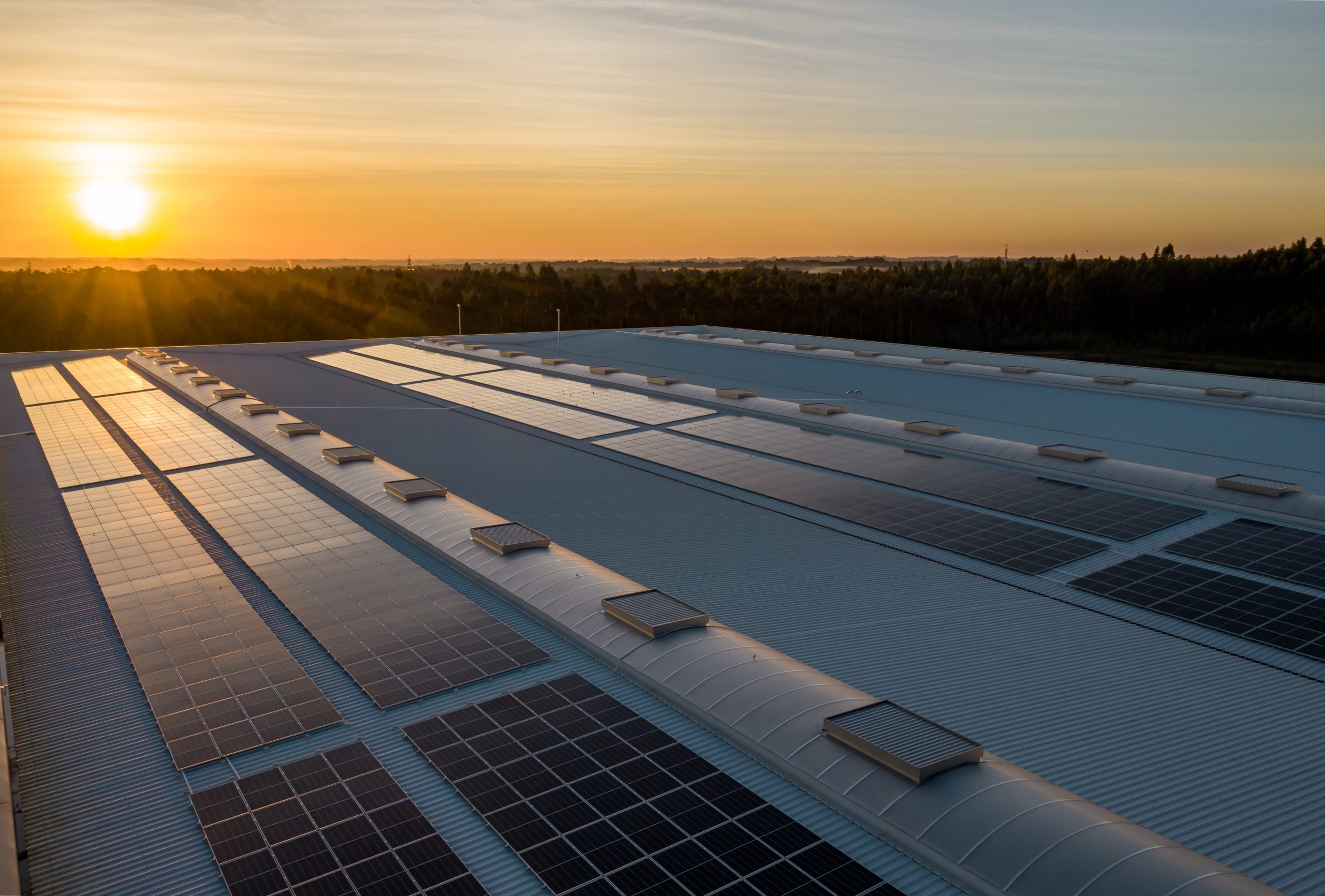Are Storage Heaters The Best Heating Method?
Heating your home efficiently and effectively is crucial for comfort and cost savings. Among the various heating methods available, storage heaters have garnered attention for their energy-saving features. However, to make an informed decision about the best heating solution for your home, it’s essential to compare storage heaters with other methods like central heating systems and electric radiators. In this comprehensive analysis, we’ll delve into the differences between storage heaters and alternative heating methods, providing insights into their pros, cons, and practical considerations.

Storage Heaters:
Storage heaters, also known as night storage heaters, are designed to operate during off-peak electricity hours. They consist of insulated bricks or ceramic blocks that absorb heat during low-demand periods and release it gradually throughout the day. This thermal storage mechanism allows for efficient heat distribution without the need for continuous energy consumption.
Pros of Storage Heaters:
- Energy Efficiency: Storage heaters leverage off-peak electricity tariffs, reducing energy costs and environmental impact. By storing heat when electricity demand is low, they minimise reliance on peak-time power generation.
- Cost Savings: With lower electricity rates during off-peak hours, storage heaters can result in significant cost savings over time compared to conventional heating methods.
- Simple Installation: Storage heaters are relatively easy to install, requiring minimal alterations to existing wiring or infrastructure. This makes them suitable for both new construction projects and retrofitting older homes.
- Portability: storage heaters are designed to be easily moved from room to room, allowing you to enjoy warmth exactly where you need it most. Whether you’re looking to cosy up in the living room during the day or stay warm in the bedroom at night, portable storage heaters provide flexible heating solutions to suit your lifestyle.
Cons of Storage Heaters:
- Dependence on Off-Peak Tariffs: The effectiveness of storage heaters heavily relies on favorable off-peak electricity tariffs. In areas without such tariffs, they won’t be as effective.
Central Heating Systems:
Central heating systems distribute heat from a central source, typically a boiler, to various rooms in a house via radiators or underfloor heating. These systems offer precise temperature control and can be powered by gas, oil, or electricity.
Pros of Central Heating Systems:
- Precise Temperature Control: Central heating systems allow for precise temperature regulation in individual rooms, offering customisable comfort levels throughout the home.
- Instant Heat: Central heating systems provide immediate heat when needed, ensuring rapid comfort during cold spells or sudden temperature drops.
- Year-Round Versatility: Central heating systems can provide both heating and hot water throughout the year, making them suitable for year-round use.
Cons of Central Heating Systems:
- Installation Complexity & Cost: Installing a central heating system requires professional expertise and may involve significant upfront costs, especially for retrofitting older properties.
- Higher Energy Consumption: Central heating systems can be less energy-efficient than storage heaters, particularly if powered by fossil fuels. This can lead to higher energy bills and increased environmental impact.
- Maintenance Requirements: Central heating systems require regular maintenance to ensure optimal performance, including boiler servicing, radiator bleeding, and pipework checks.
Electric Radiators:
Electric radiators are standalone heating units that operate independently, powered by electricity. They offer flexibility in terms of installation and can be placed in individual rooms to provide localised heating.
Pros of Electric Radiators:
- Portability: Electric radiators are portable and can be moved around as needed, making them suitable for heating specific areas or rooms based on occupancy and preferences.
- Ease of Installation: Electric radiators are easy to install and do not require complex pipework or connection to a central heating system. They can be plugged into standard electrical outlets, providing flexibility in placement.
Cons of Electric Radiators:
- Higher Energy Consumption: Electric radiators can be less energy-efficient compared to storage heaters, especially in areas with high electricity rates.
- Limited Heating Capacity: Electric radiators may have limited heating capacity, particularly in larger spaces or poorly insulated areas.
Summary:
In summary, each heating method has its pros and cons, and the best choice depends on factors such as energy efficiency, cost-effectiveness, and personal preferences. Storage heaters offer portability, energy-efficient heating and cost savings. However, they may rely heavily on off-peak tariffs for maximum effectiveness. Central heating systems provide precise temperature control and instant heat but may require higher upfront costs and regular maintenance. Electric radiators offer portability and ease of installation but may have higher energy consumption and limited heating capacity.
Ultimately, the decision between storage heaters, central heating systems, and electric radiators depends on your specific heating needs, budget, and considerations. By carefully evaluating the pros and cons of each option, you can choose the heating method that best suits your home and lifestyle.
So here are some additional considerations to help you make your decision.
Real-Life Applications and Considerations:
While the comparison between Storage Heaters, Central Heating Systems, and Electric Radiators provides valuable insights into their respective features and drawbacks, it’s essential to consider practical factors and real-life applications when choosing a heating method for your home.
Home Size and Layout:
The size and layout of your home play a significant role in determining the most suitable heating method. For smaller homes or rooms with limited space, Storage Heaters may be more practical due to their compact size and ease of installation. On the other hand, larger homes with multiple rooms may benefit from a central heating system, providing consistent heat distribution throughout the house.
Energy Efficiency and Cost Savings:
Energy efficiency and cost savings are crucial considerations when choosing a heating method. Storage heaters offer energy-efficient heating, particularly when paired with off-peak electricity tariffs, resulting in cost savings over time. Electric radiators provide instant heat but may have higher energy consumption, especially if electricity rates are high. Central heating systems can be cost-effective in the long run, but they require higher upfront costs for installation and maintenance.
Environmental Impact:
The environmental impact of your heating system is another important factor to consider. Storage heaters, powered by off-peak electricity or renewable energy sources, contribute to lower carbon emissions and reduced environmental impact compared to central heating systems powered by fossil fuels. Electric radiators may have a higher carbon footprint depending on the source of electricity in your area.
Personal Preferences and Lifestyle:
Finally, personal preferences and lifestyle considerations should also inform your decision when choosing a heating method. Some homeowners prioritise convenience and ease of use, opting for Storage Heaters for their simplicity and portability. Others may prefer the precise temperature control and versatility offered by central heating systems, despite the higher upfront costs and maintenance requirements.
In Conclusion
By carefully considering these practical factors and real-life applications, you can make an informed decision about the best heating method for your home. Whether you choose storage heaters, central heating systems, or electric radiators, the key is to select a heating solution that meets your heating needs, budget, and environmental goals.
In conclusion, the comparison between storage heaters and other heating methods highlights the diverse options available for homeowners seeking efficient and effective heating solutions. By weighing the pros and cons of each method and considering practical factors and real-life applications, you can choose the heating method that best suits your home and lifestyle.
We hope this guide has provided valuable insights to help you make an informed decision for your home heating needs. If you have any questions or would like further assistance, please don’t hesitate to reach out to us. Stay tuned for more informative content and tips on home heating and energy efficiency!
Storage Heater Sales
Discover the warmth of comfort and energy efficiency as you delve into the world of storage heaters with Storage Heater Sales. Our blog is your go-to destination for all things related to storage heaters – from what makes storage heaters efficient to the latest innovations in energy-saving technology.
🌐 Energy Efficiency Tips: Explore sustainable heating practices and learn how to maximise the efficiency of your storage heater.
💼 Industry News: Stay in the loop with the latest developments in the heating industry. We bring you updates on new technologies, regulations, and grants that could impact your heating choices.
Blog Posts
Compact Elnur ECOHHR10: The Ultimate Heating
Introducing the Compact and Efficient Elnur ECOHHR10: Your Ultimate Heating...
Read MoreStorage Heaters Through The Years
The Evolution of Storage Heaters The evolution of storage heaters,...
Read MoreAre Storage Heaters Eco Friendly?
Are Storage Heaters Eco Friendly? In an era where environmental...
Read More



